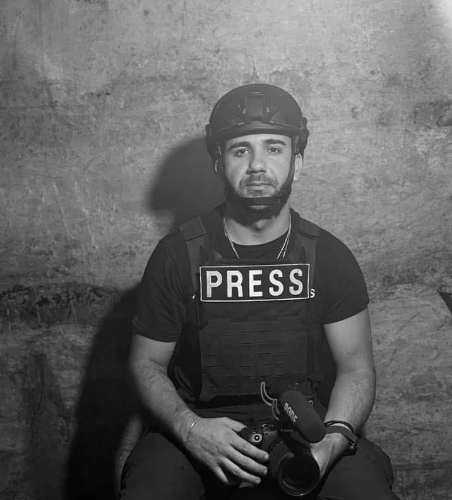Audio Presented by

David writes about culture, cyberspace, digital currencies, economics, foreign affairs, psychology, and technology.
About Author
David writes about culture, cyberspace, digital currencies, economics, foreign affairs, psychology, and technology.
